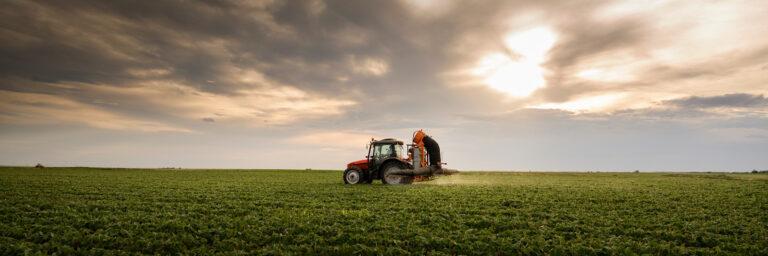
April Business Update: SRUC
After two years of operation as a Limited Company, Agrecalc became part of Scotland’s Rural College (SRUC) as of 1 April 2025.
United Nation’s Sustainable Development Goals are the blueprint to achieve a better and more sustainable future for all. They address the global challenges we face, including those related to poverty, inequality, climate change, environmental degradation, peace and justice.
The 17 Goals are all interconnected, and in order to leave no one behind, it is important that we achieve them all by 2030.
In particular, Agrecalc is committed to Goals #2, #5, #6, #7, #9, #12, #13, #14 and #15.
Investment in the agriculture sector is critical for reducing hunger and poverty, improving food security, creating employment and building resilience to disasters and shocks.
Transforming food systems is paramount to achieve a more inclusive and sustainable world, with investments in rural areas and in social protection so people have access to healthy, nourishing food and can improve their livelihoods.
We reinvest our profits into the scientific research that underpins the core of our platform.
This is a cross-cutting objective and must be a key focus of national policies, budgets and institutions dismantle systemic barriers to achieving gender equality.
In agri-tech, we believe in the equalising power of our technology to advance gender equality and dismantle often invisible barriers to equal opportunity.
Water scarcity is projected to increase with the rise of global temperatures as a result of climate change. Improving water-use efficiency is one key to reducing water stress, as well as protection and restoration of water- related ecosystems.
As an efficiencies tool, Agrecalc also helps farmers to manage their fertiliser use more effectively. That helps reduce nutrient runoff, protecting our waterways and safeguarding our supply of fresh, clean water.
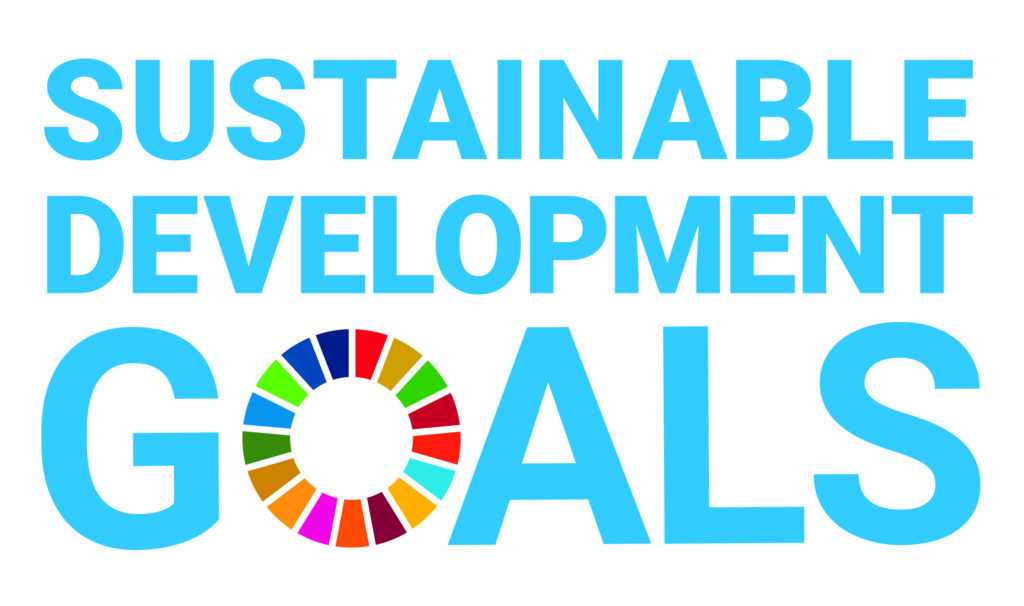
Access to clean and affordable energy is key to the development of agriculture, business, communications, education, healthcare and transportation.
We focus on encouraging improvements in energy efficiencies, by calculating and monitoring its use in the farm business and across the supply chain.
Increased resource-use efficiency and greater adoption of clean and environmentally sound technologies and industrial processes will aid in making those industries sustainable.
Enhancement of scientific research, upgrade of the technological capabilities of industrial sectors in all countries helps build a resilient infrastructure makes opportunities accessible to all people, in line with previous goals.
Food waste is another sign of over consumption, and tackling food loss is urgent and requires dedicated policies, informed by data, as well as investments in technologies, infrastructure, education and monitoring.
Promoting circular economy practices can halve per capita global food waste at the retail and consumer levels and reduce food losses along production and supply chains, including post-harvest losses.
With proper calculations and renewable practices, we aim to foster the environmentally sound management of chemicals and all wastes throughout their life cycle, in accordance with agreed international frameworks, and significantly reduce their release to air, water and soil in order to minimise their adverse impacts on human health and the environment.
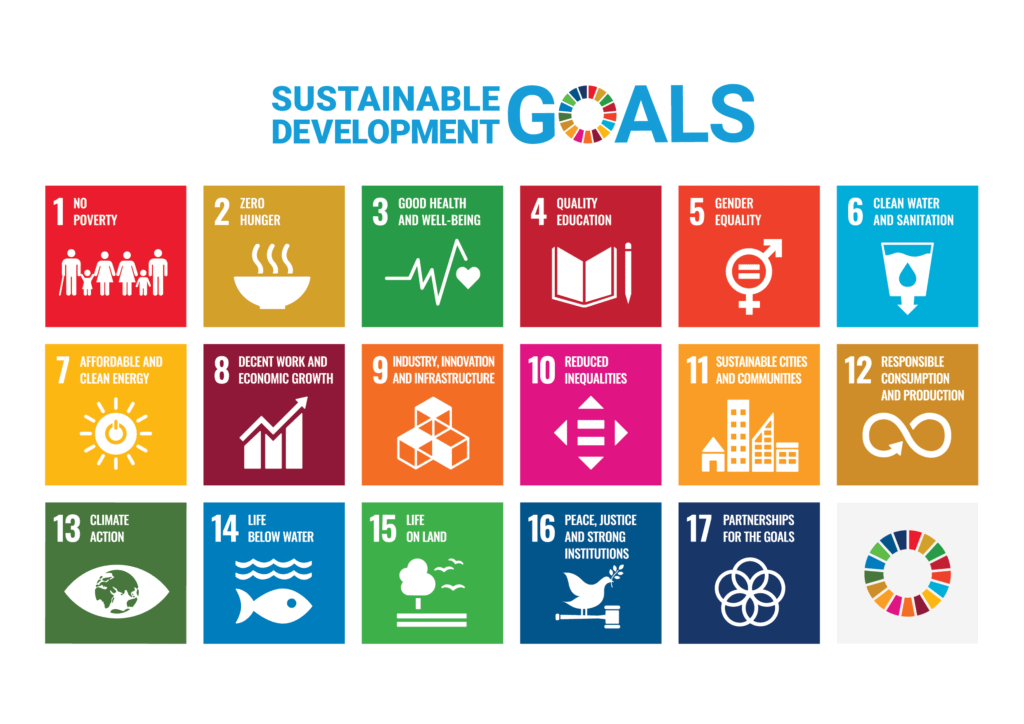
Strengthen resilience and adaptive capacity to climate-related hazards and natural disasters in all countries is the underlying ethos Agrecalc is deeply committed to.
In agriculture, that means empowering farmers with robust data that can inform their decision making, leading to improving productivity and making the best use of natural capital resources, whilst helping regenerate those resources their livelihood depends on.
Oceans, seas, and marine ecosystems act as the planet’s greatest carbon sinks. By helping to improve nutrient management, Agrecalc is supporting the fight against marine pollution. Reducing marine pollution protects fragile ocean ecosystems, contributing to marine conservation.
On top of fighting pollution from the land, we are also exploring how we can support marine industries in tackling their emissions further down our roadmap.
Climate change is a serious threat to global biodiversity. By supporting the transition to net zero in agriculture, Agrecalc is helping fight climate change, safeguarding biodiversity for future generations.
We are also looking at how we can better support on-farm biodiversity management. As more farms transition to regenerative agriculture, it is important that biodiversity benefits are measured and acknowledged. One of our roadmap goals is to develop a biodiversity module that can help farmers document their biodiversity assets and track progress in enhancing them.
[The content of this publication has not been approved by the United Nations and does not reflect the views of the United Nations or its officials or Member States.]

After two years of operation as a Limited Company, Agrecalc became part of Scotland’s Rural College (SRUC) as of 1 April 2025.
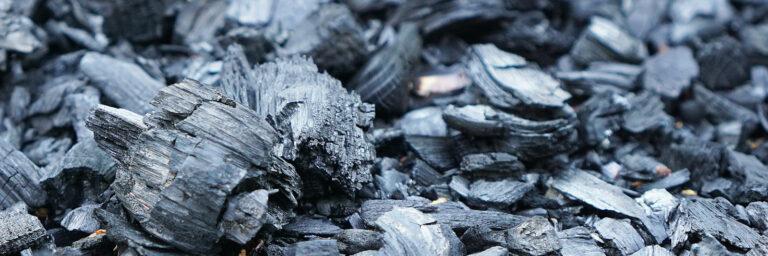
Biochar is a carbon-rich material produced by pyrolysing biomass, which offers a variety of potential agronomic benefits. In this guest article, Black Bull Biochar discusses how these effects work together to bolster productivity, sustainability, and resilience in farming.
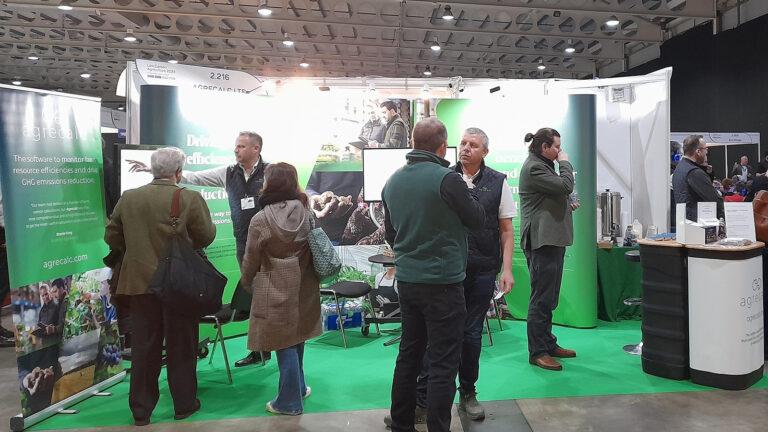
The Agrecalc team is looking forward to welcoming you at our stand (2.844) at this year’s Low Carbon Agriculture Show, taking place on March 5 and 6, at NAEC Stoneleigh near Kenilworth.